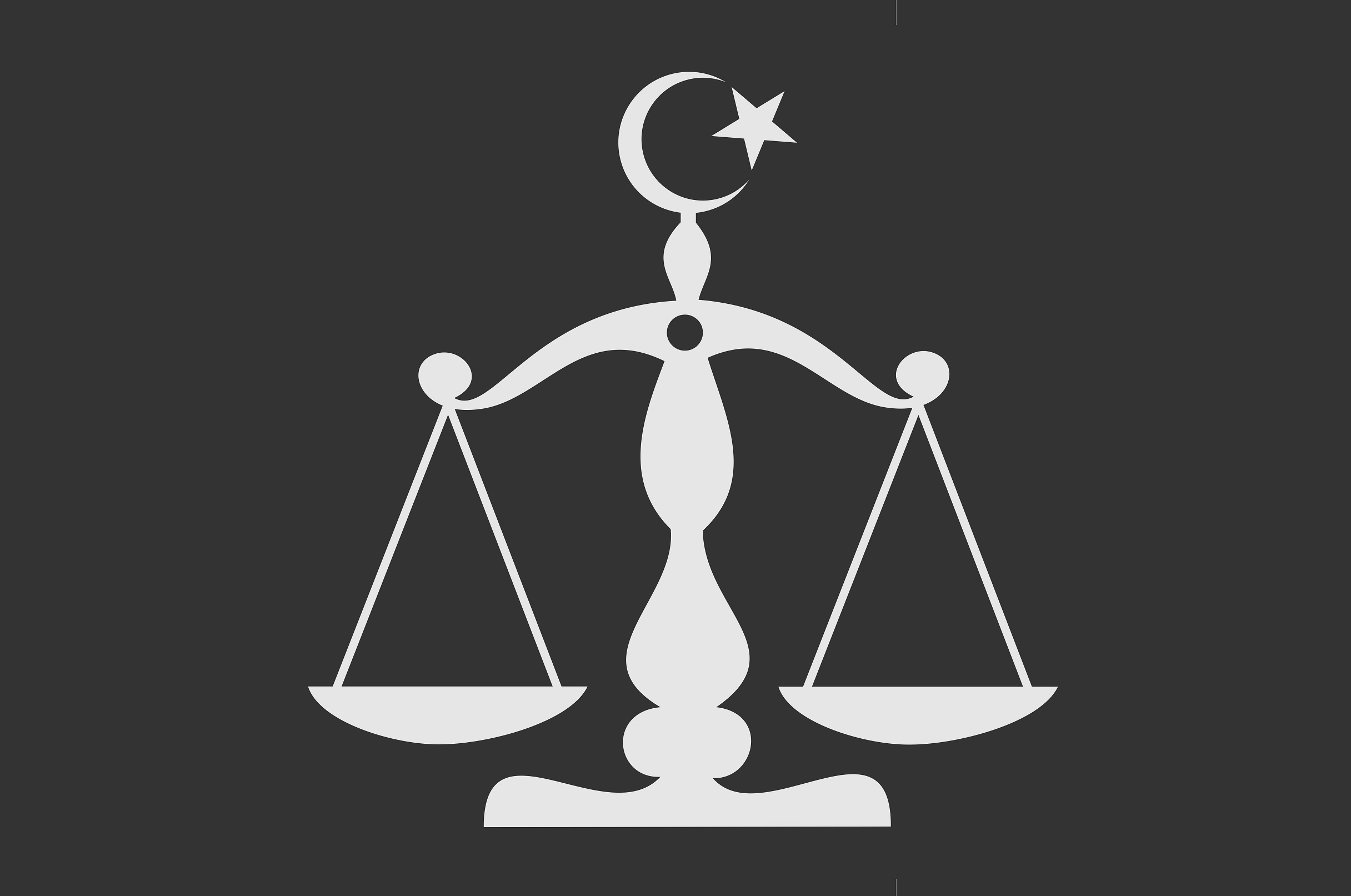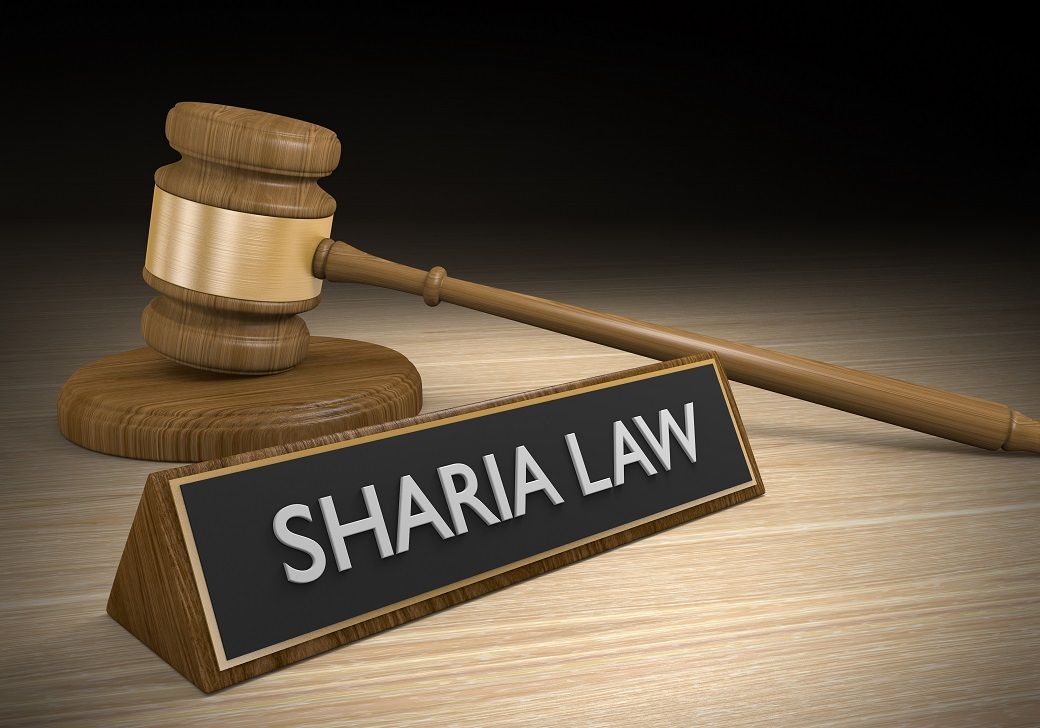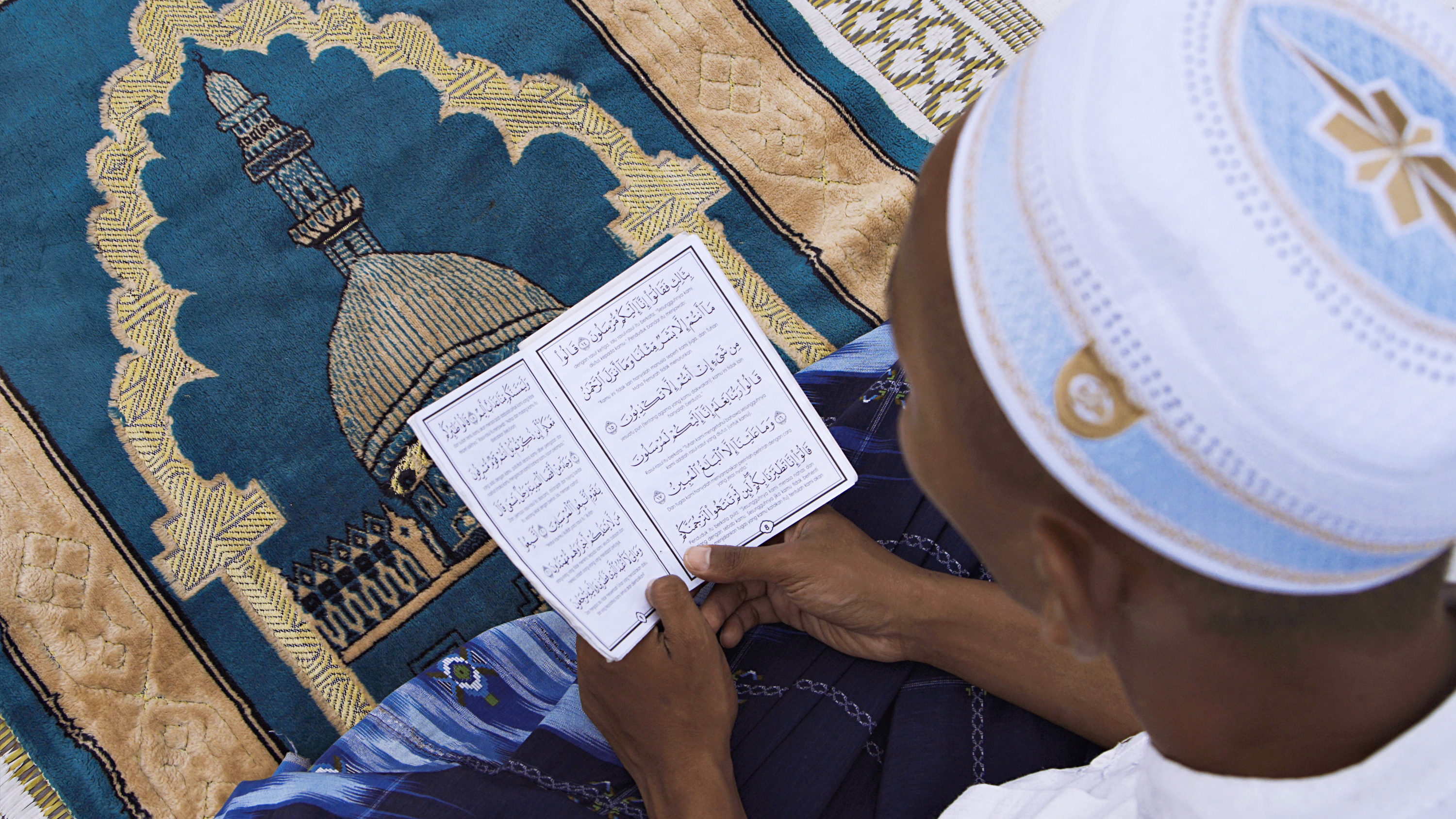The word Sheriat is another term for Shariat or Shari’a. It is a fundamental religious law in Islam. Muslims have been following and observing teachings according to the law provided by the Quran through Sheriat. The Sheriat also helped shape and govern the Islam society and is still practiced in many countries today.

Contents
Contents
History
Sheriat has started with the Prophet Muhammad himself and passed on to generations of Muslims from the first Muslim groups. Muhammad is also the judge of the first Muslim group, and he is the one who studied and expanded the teachings of the Quran. From Medina or Al-Madīnah in Arabic, the law that Muhammad established has continued even after he died. Many successors took his place when it came to the judge position. The Sheriat also became a legal tradition that Muslims must observe based on their holy book. Another word associated with ‘Sheriat’ or ‘Sharia’ is ‘fiqh.’ The exact meaning of fiqh in English is ‘understanding’ and Muslim jurisprudence. As time passes by, the legal counsel of the Muslims has made sure that they are knowledgeable when it comes to the divine law as the Prophet Muhammad has done. For the Muslim legal council, Sheriat is unchanging and divine, and fiqh is the effort of the human being to understand the divine law, which is the opposite; ever-changing and imperfect as the human being.

Significant Principles
Muslims don’t view Sheriat only as a law. It is a guide in how they live their lives and how they must fulfill the will of God. Also, for financing, Sheriat has a significant influence on them. Essential principles in finance like, Allah owns all wealth, so humans must manage it carefully according to his commands. Material needs also must be balanced with spiritual needs. The pursuit of material things is not prohibited but must not be too much. (broadskypartners.com)
With that said, individual needs also must be balanced with the needs of the whole society. Sheriat followers must observe justice, responsibility, and proper use of resources. And if there are laws, then there must be some prohibitions as well. According to Sharia law, the prohibited business practice is gambling, interest, unfairness, and selling prohibited products in Islam. There are also five fundamental principles or purposes of the Sheriat; they are for the protection of Faith (din), Life (nafs), Lineage (nasl), and the protection of Intellect (‘aql).

Modern Usage
The Sheriat is not fully adapted in most modern Muslim countries that practice secular legal systems. However, Sheriat’s influence is evident and will not disappear anytime soon. Sheriat is the primary basis of Muslim constitutional laws. For the family law in most Muslim countries, they adapted Sharia-based laws to deal with family matters. On the other hand, criminal laws in some Muslim countries have western, French and traditional influences. Also, the sharia penal code is standard in some Muslim countries that involve stoning and amputation as punishments for a specific crime. There are more examples of Sheriat’s modern usage like ‘Diya’ or blood money, where the victim’s family requires justice or ‘Qisas,’ a prosecution process will follow after. The Sheriat law is still being strongly observed and practiced in most Muslim countries even today.

Geographical Influences
It is said that Sheriat originated in Medina, Saudi Arabia. The Arabians call Medina’ Al-Madīnah’ and is considered as ‘the shining city. Today, Sheriat has influenced a lot of countries in continents like Asia, Africa, Europe, and even some places in America. Some territories like Northern Cyprus, Somaliland, Kosovo, and Sahrawi Arab Democratic Republic observe Sheriat. However, Sheriat influenced countries can be divided into four categories: countries that don’t include it in Judiciary systems, countries where Sheriat only applies to their Muslim communities, countries where Sheriat has a considerable role in the status of a person and criminal cases, and countries with regions that practice Sheriat. Not surprisingly, Middle-eastern countries are the ones who include the Sheriat in their criminal cases and personal matters. Also, countries in Africa and India include Sheriat for personal matters only and not criminal cases.

Role in the Society
As mentioned, Sheriat is where Muslim countries’ laws, rules, and regulations have been based. Without a basis for constitutional, criminal, and family law, the Muslim society will not be the same as today. Of course, every law and teachings they observe is directly from the Quran, including the Sheriat. It is also the divine law that dictates the Islam society in how they act, traditions that they observe, decisions they make even financially, and what their family should become. Sheriat also affects non-Muslims. Holidays in some countries are being observed even when it is exclusive to Muslims. Non-Muslims also learned to adapt to Muslims’ financial practices, according to the Sheriat. Sheriat has become a significant factor in the Muslim community’s peace and order.
Concurrent Debates and Discussion
Sheriat is a popular topic among most societies in the world, Muslims and non-Muslims alike. So, many debates and discussions have followed. Topics associated with Sheriat are democracy, human rights, including women and LGBT communities, apostasy, and terrorism. There are some laws from the Sheriat that conflict with women and LGBT rights, according to some. While it is clear that marriage of the same sex is prohibited, women’s rights are interpreted in the Quran differently.
On the other hand, different interpretations of the Sheriat have led some extremists to the reason for their actions. The extremist’s action has also given the whole Muslim community a bad reputation from other non-Muslim communities. Sometimes, people would associate the word terrorism with Islam, while the truth is that the relation is minimal to none. There are also revisions done with the Sheriat and made it flexible in modern times. The minor revision is for the law to adapt to the ever-changing needs of human beings, whether they are Muslim or not.